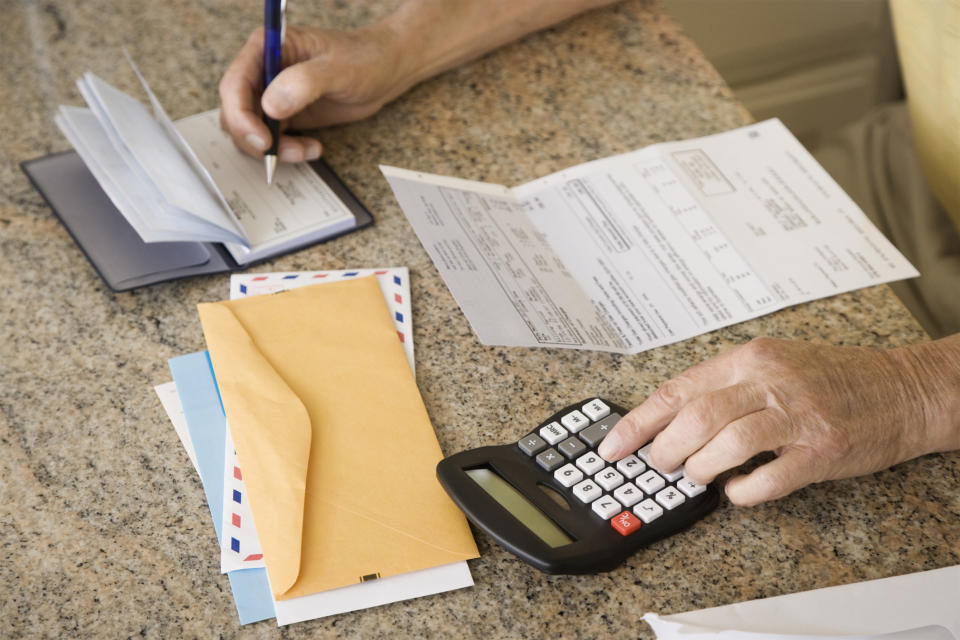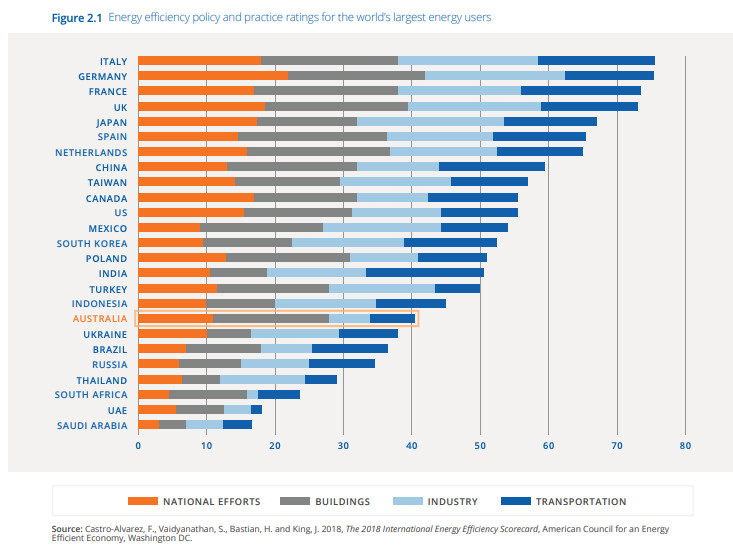REVEALED: Aussies cop the biggest electricity bills in the WORLD

Energy efficiency improvements have reduced households’ energy bills in most countries by 10 to 30 per cent, but Aussies aren’t getting a piece of the pie.
According to the Energy Efficiency Council’s latest report, Australian governments and institutions have made little effort to improve our energy efficiency, and we’re paying some of the heftiest energy bills as a result.
Related article: Australians can now pay bills with cryptocurrency even if the biller doesn't accept it
Related article: A woman buys $40,000 car WITH COINS
Related article: Are rewards credit cards costing you more than they’re worth?
In fact, an analysis of the world’s largest energy consuming countries ranked Australia as the worst developed country for energy efficiency policy and performance, and it means our greenhouse gas emissions are skyrocketing too.

Why are we paying bigger bills?
The EEC said global leaders in energy management treat the concept as a core strategy for meeting the energy needs of homes and businesses.
“They recognise that energy management provides real capacity to energy markets, because every unit of energy that isn’t used is energy that doesn’t need to be generated,” the report said.
One of those global leaders is China, who, by improvements since 2000, reduced its energy demand in 2017 by almost 10 per cent, which is twice as much energy as Australia used in that year alone.
It’s also more than Australia improved its efficiency by between 2000 and 2016.
In contrast, despite having a target to improve energy productivity by 40 per cent by 2030, Australia has barely begun to tap the potential of energy efficiency.
Essentially, the government’s been really slow to act.
What does the government need to do?
Even though our target is low compared to other countries, the increase in Australia’s gas exports and the associated increase in energy used to liquefy gas, coupled with a lack of action on behalf of the government, has meant we’re already falling behind in achieving it.
According to the EEC, all the government needs to do is adopt some good energy management policies.
That would mean Aussie families could save a whopping $7.7 billion each year through lower energy bills, and it could create over 120,000 job-years of employment.
The EEC said the Aussie government needs to adopt the principle “energy efficiency first” to ensure its energy strategies, policies and markets deliver the right mix of energy supply and management.
We also need a national energy efficiency scheme, or one operating in every state and territory, and manufacturers need support in identifying new opportunities to manage energy.
On top of that, the EEC said improving vehicles’ fuel efficiency is one of the greatest opportunities for the government to address Australians' cost of living pressures.
“Australia is virtually the only developed country that doesn’t protect consumers with fuel-efficiency standards for light vehicles,” the report states.
Make your money work with Yahoo Finance’s daily newsletter. Sign up here and stay on top of the latest money, news and tech news.

 Yahoo Finance
Yahoo Finance 